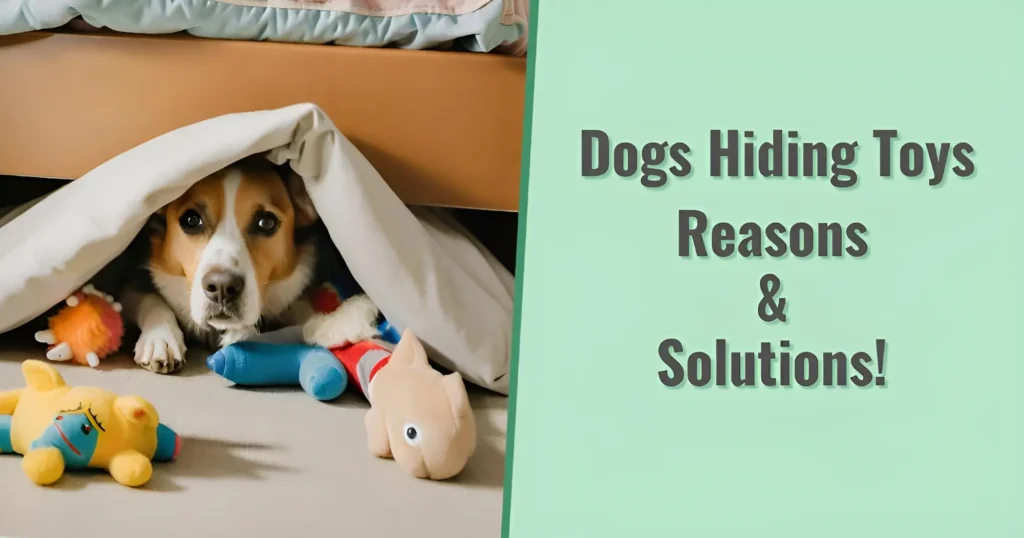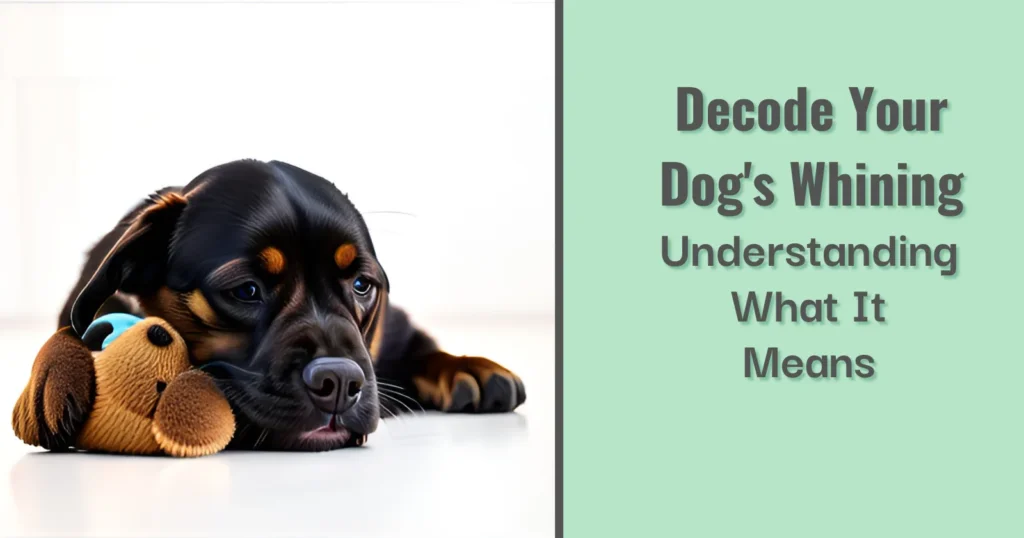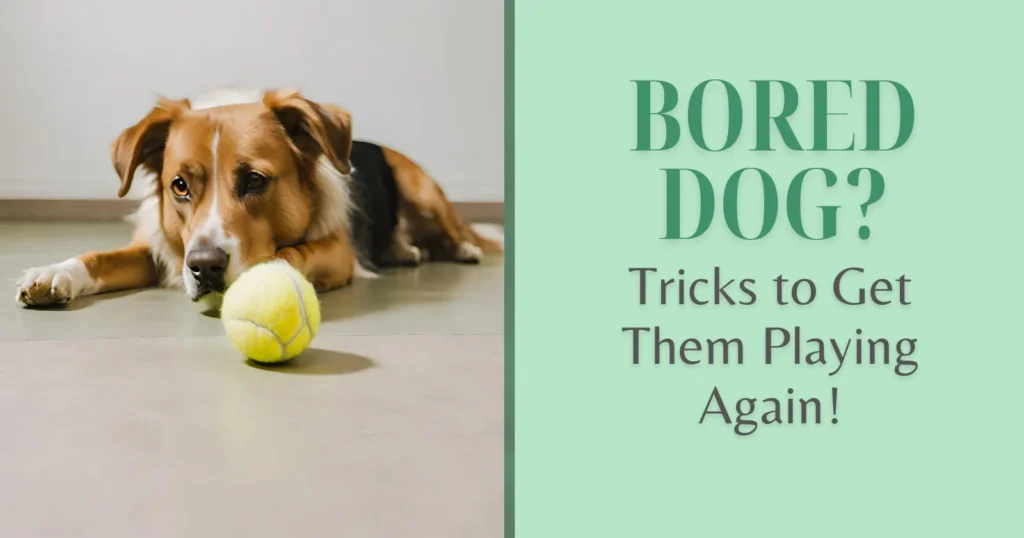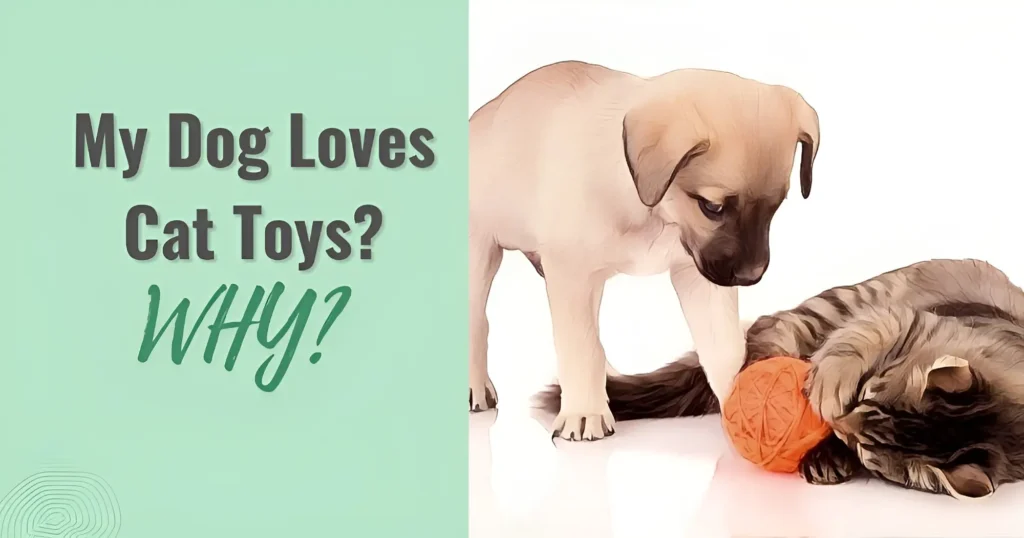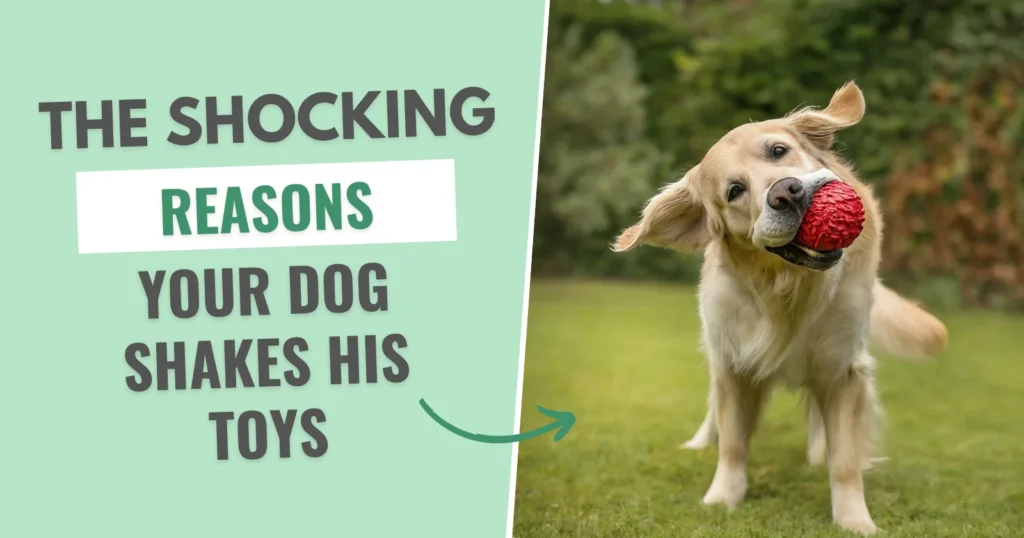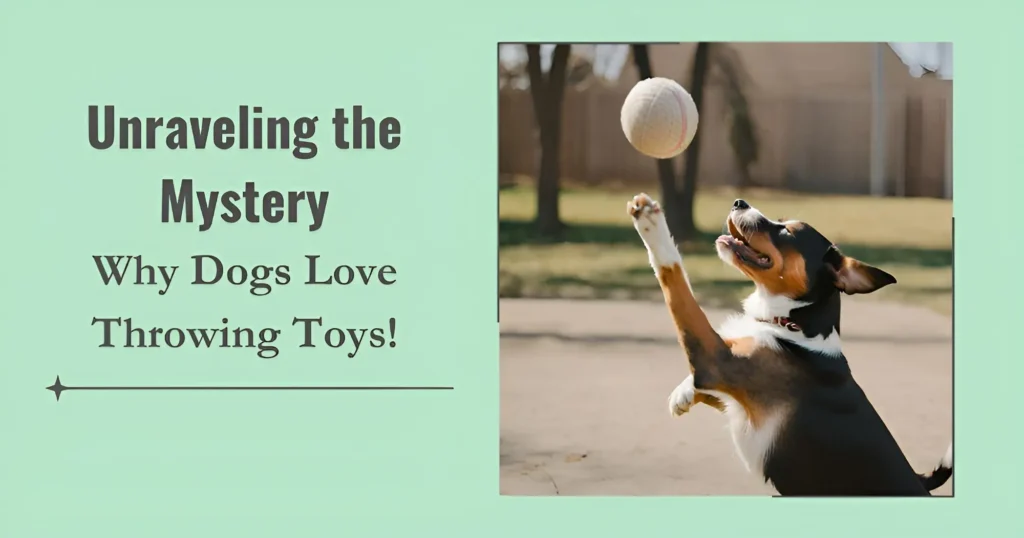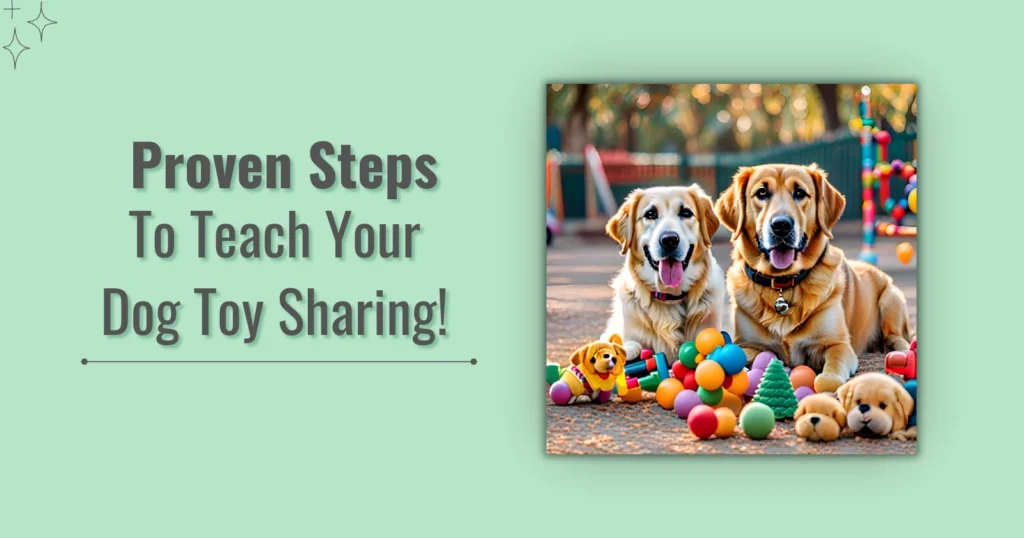We’re all familiar with our dog’s certain quirky behaviour that can stem from different reasons. If you’ve been noticing your dog’s toys going missing, don’t be alarmed, there’s a good chance your dog may be hiding or burying them. Yes, our furry friends can be hoarders.
Why does my dog hide toys?
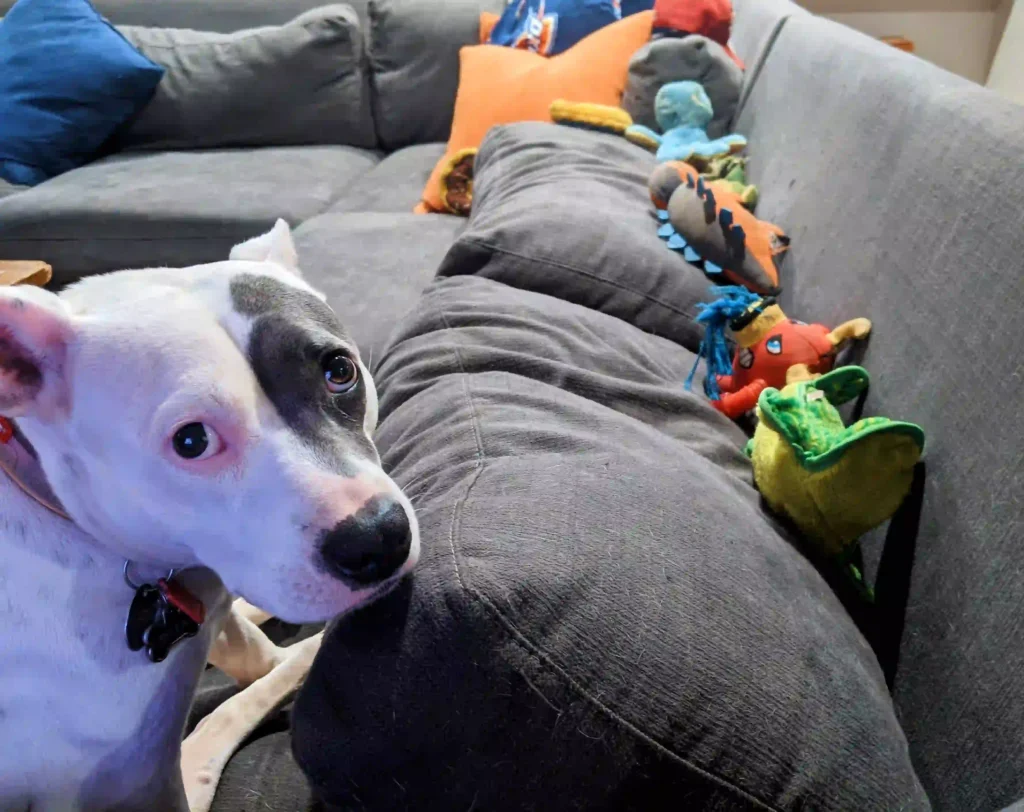

Your dog may be depicting such behaviour due to multiple reasons that may arise due to multiple factors such as their mental and physical health, lack of attention, boredom, eating habits, instincts as well as breed-specific behaviour.
Here is a detailed breakdown of all these reasons:
1-Their instinct
Hiding things around the house is a replication of their behaviour in the wild. Dogs are a breed that originally evolved from wolves, so their inherited living in the wild instincts compel them to engage in such shenanigans.
Back in the wilderness, they were to hide food to consume it later and also to keep it safe from the prying eyes of other peers. Now domesticated dogs act on the same instinct even when they are living at home. Hence, whatever is valuable to them, they will eventually hide or bury it. Especially in a house with more than one dog.
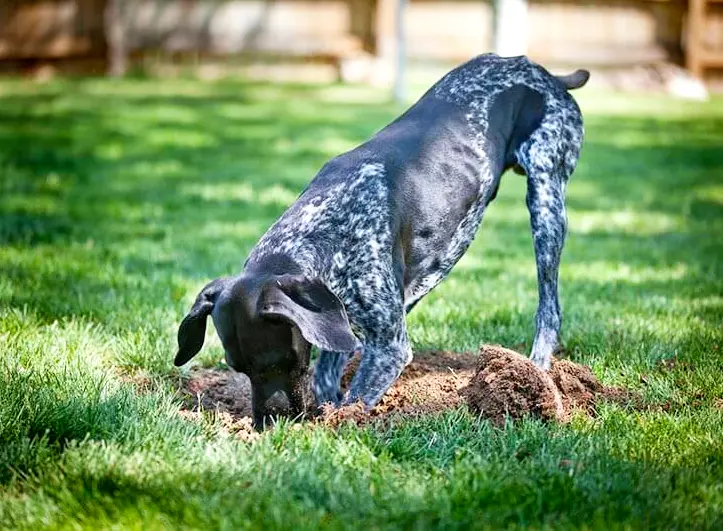

Dogs bury food and chew bones, toys and prey. This behaviour was once key to the survival of dogs’ wild ancestors because it allowed them to leave food safely concealed and then return to eat it later. – Pets WebMD
2- Resource Guarding
There is a correlation between your dog’s hiding habits and resource guarding. You may have noticed how your furry friend has tendencies to protect their valuable items, a behaviour that arises from resource guarding which is a common trait in dogs.
They engage in hiding their toys or even their treats so that nobody else has access to them, especially if you have other animals or dogs around the house. This again, is an impulse that arises from their instincts because trust me, just like humans dogs can develop compulsive behaviors as well.
3- They want attention
Believe me when I tell you that dogs have no understanding of negative attention and they will engage in all sorts of silly doings to get you to pay attention to them. If you’ve been noticing toys and other items going missing around the house, it is most likely a cry for attention. Your pooch will start hiding items, including their toys to get you to pay attention to them if they feel like you have not been engaging enough of them.
4- Caching
My dog loved burying his rawhide, bones and other toys in the backyard and I could not understand why until I learnt about caching. Many animals exhibit this behaviour in the wild. What happens is that they store things so that they can be used later. In the wild, the behaviour is limited to storing food to be consumed in the winter, however, in a household setup, it’s because your dog thinks he needs to save these items for later when he needs them.
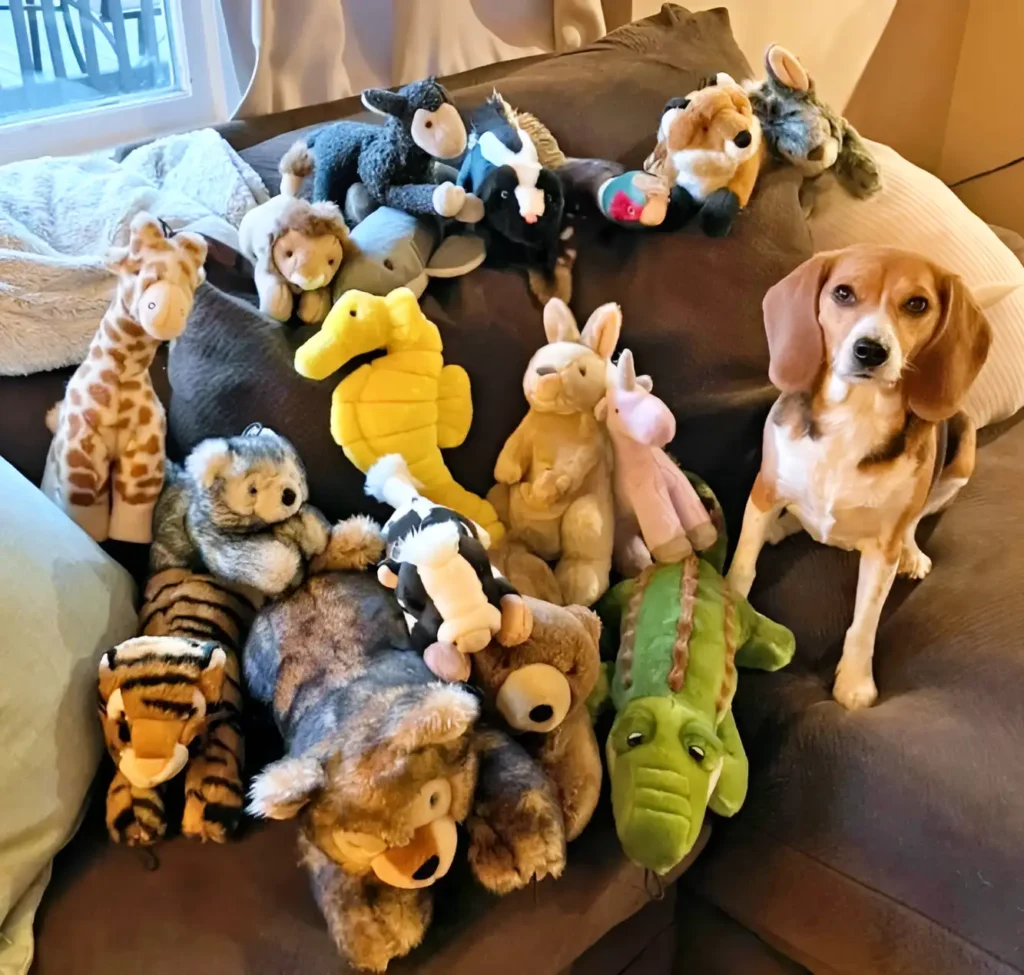

It also helps them create a safe environment for themselves by surrounding them with their loved items, hence that would be their secret hiding place.
5- Their mental well-being
Your dog, just like humans, may be having problems emotionally or mentally.
What happens is that, often when your dog is going through separation anxiety or is feeling stressed out they engage in peculiar behaviors to relieve themselves. I think to understand such a situation better you should reach out for professional help. Some dogs may hide toys as a way to create a sense of comfort and security. Similar to how humans may have comfort objects or blankets, dogs may find solace in having their favourite toys nearby. Hiding toys in a safe and familiar spot can provide dogs with a sense of security and help alleviate anxiety or stress.
In households with more than one dog or social settings with other dogs, the dynamics of sharing and competition come into play. Hiding toys can be a way for dogs to assert dominance or maintain control over resources within their social group dynamic. It can also be a means of avoiding competition with other dogs over toys.
The final aspect may be simply the fact that they are bored. When your dog feels undernourished in terms of mental stimulation they will start hiding their toys to get rid of them. If they are not hiding them, they’ll end up destroying them (learnt that the hard way). Hence, the development of their little hoarding habit.
6- Health concerns


If your furry friend is experiencing health problems, such as being overfed or having gut problems. In such cases, dogs tend to hide their treats away. Problems may include experiencing nausea, diarrhea, their lack of energy as well. So make sure to notice if your furry friend has been feeling under the weather lately.
7- Breed-specific behaviour
If you have a big dog or a specific kind of hunting breed such as Dachshunds and Standard Schnauzers. These breeds were originally bred for hunting purposes, and burying items is a behaviour that is intrinsic to them. You should know that they love playing make-believe prey with their toys.
Understand that for such dogs their make-believe prey once hunted down by them is a prized possession and therefore they will likely hide their trophy in an attempt to keep it safe from other predators.
How to stop your dog from hiding his toys
To overcome your dog’s hiding behaviour there are a few things you can try.
- Rotate your dog’s toys to keep him interested, there are options you can try to regain your dog’s interest in toys. Making sure they are mentally stimulated is necessary.
Read here: How to get your dog interested in toys.
- Give them plenty of attention and try to play with them as often as you can. Spend a little more time at the park or even at him. Teaching them games like fetch and tug may help as well.
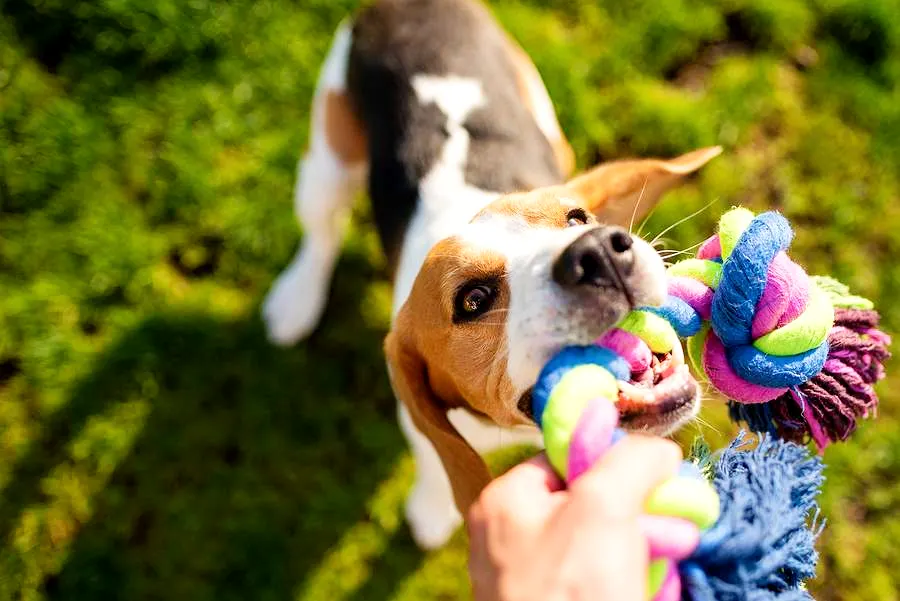

- If you’re struggling to understand your furry friend. Make sure to reach out to a professional dog trainer or behaviorist. After all, we only want what’s best for little friends, and seeking help will derive a better understanding of their well-being as well as their personalities.
- Make sure to get them checked at the vet regularly to ensure their health is in top-notch condition. Health issues can create distress for our little friends and as you’re responsible for them, it is your job as a pet parent to ensure their well-being.
- Create a controlled environment for your dog where they do not have access to an infinite number of toys or treats.
- Never use punishment to stop your dog from engaging in behaviour you dislike. We never want to make them feel unsafe or jeopardize the trusting relationship that we have with them.
Please understand that you can not take their natural instincts out of them. What you can do is manage them using the tips above.

